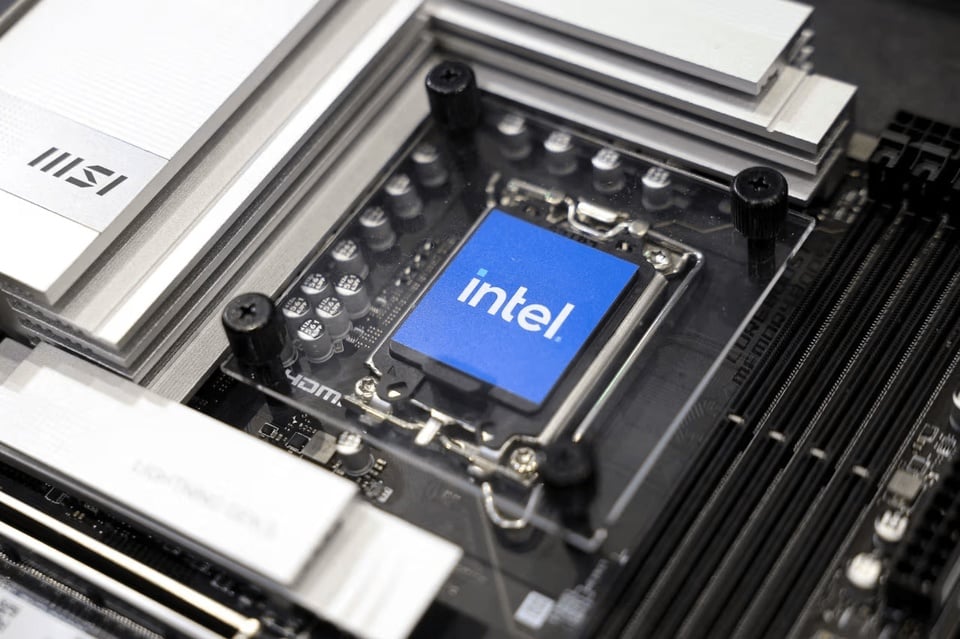 |
The US government 's purchase of Intel shares was a mistake. Photo: WSJ . |
Last week, the U.S. government announced it would trade Chips Act grants to Intel for equity in the company, a strategy that was misguided, according to people familiar with the matter, including Mike Schmidt, founding director, and Todd Fisher, chief investment officer of the CHIPS Program Office.
The United States is now almost entirely dependent on advanced chips from Taiwan to power its artificial intelligence, communications, and national security systems, so the Chips Act’s grants, loans, and tax incentives are designed to close the cost gap with Asian semiconductor manufacturing and spur investment in the United States.
Through the Chips Act, the U.S. government is investing in national security and supply chain resilience, not financial revenue. And that process is accelerating at an incredible rate.
Since the Chips Act was passed, the amount of investment in electronics manufacturing in the United States has exceeded the previous 30 years combined, at more than $500 billion , according to two experts. All five global corporations capable of producing advanced logic and memory chips are expanding their operations in the country.
Meanwhile, Intel’s most profitable computer and server chip design business does not contribute much to national security. In contrast, Intel’s corporate chip business, the linchpin of this strategy, is projected to lose more than $13 billion in 2024 and has virtually no outside customers.
On top of that, Intel has no trouble raising money on the public markets—it recently received a $2 billion investment from SoftBank—so there’s no need for the government to “buy shares” using taxpayer money.
Instead of receiving funding, Intel would have to share equity with the government, which comes with many strings attached and very high costs. This would be financially disadvantageous, politically risky, and would disrupt the international competitive balance for Intel in the race against Samsung and TSMC, which both have factories in lower-cost Asian countries and receive government funding in those countries.
More realistically, if Intel announced layoffs in an election year, the public would see the government as profiting from job losses. Or when formulating semiconductor strategy, the government would be divided between protecting the national interest and being a corporate shareholder.
The two experts said that having new customers would solve Intel’s real problem. The 18A manufacturing process or the advanced 14A technology has failed to attract outside customers, making it difficult for Intel to maintain production capacity. The government could lobby against AI chip monopolies to attract commercial contracts for the company.
In addition, to protect taxpayers’ interests, the government also needs to set conditions for the companies receiving the investment, and not give all the money at once. However, Schmidt said that the current agreement no longer has these constraints. Intel will receive cash up front, without having to prove that it has reached customer, technology, or production milestones.
“We certainly don’t do everything right. In fact, we’re not opposed to equity in principle,” said two Chips experts. They cited the example of a strategically important startup in need of capital, where the government’s equity support is risky but makes sense in the long run.
All potential industrial policy tools have drawbacks. Converting Intel’s grants into equity would undermine U.S. competitiveness and introduce new, unnecessary policy risks associated with government ownership of businesses in the economy .
Source: https://znews.vn/ong-trump-khong-nen-cuu-intel-post1579953.html





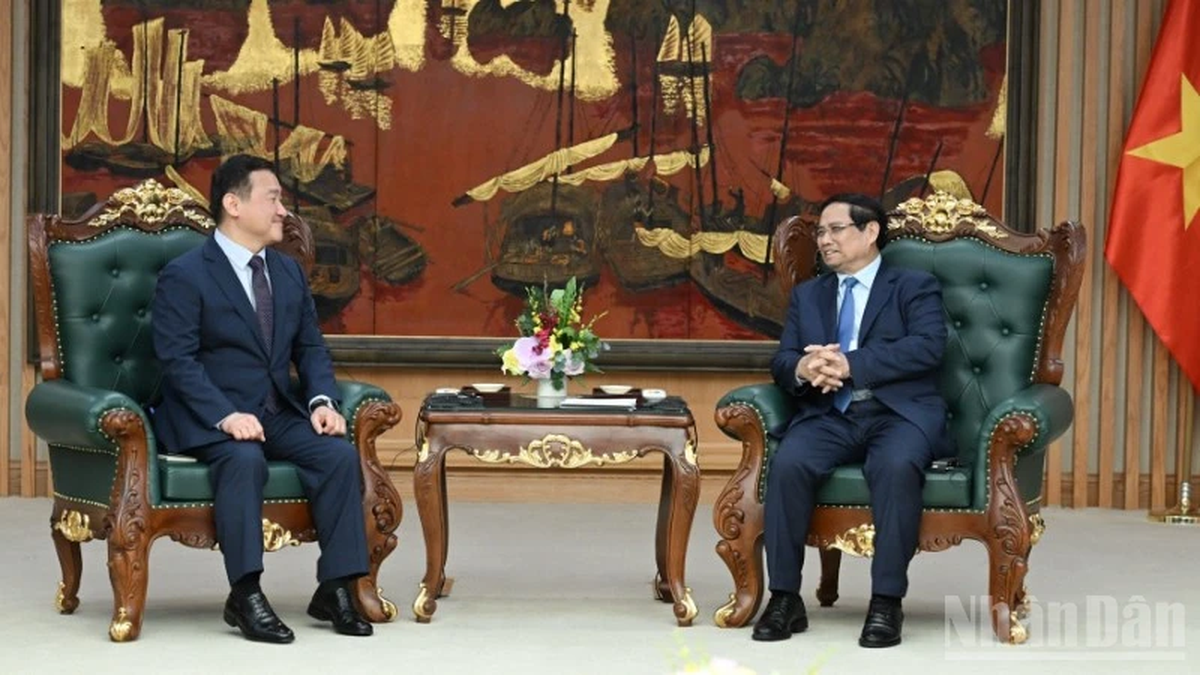
![[Photo] Multi-colored cultural space at the Exhibition "80 years of the journey of Independence - Freedom - Happiness"](https://vphoto.vietnam.vn/thumb/1200x675/vietnam/resource/IMAGE/2025/8/26/fe69de34803e4ac1bf88ce49813d95d8)
![[Photo] Prime Minister Pham Minh Chinh receives CEO of Samsung Electronics](https://vphoto.vietnam.vn/thumb/1200x675/vietnam/resource/IMAGE/2025/8/26/373f5db99f704e6eb1321c787485c3c2)
![[Photo] Prime Minister Pham Minh Chinh chairs meeting of National Steering Committee on International Integration](https://vphoto.vietnam.vn/thumb/1200x675/vietnam/resource/IMAGE/2025/8/26/9d34a506f9fb42ac90a48179fc89abb3)


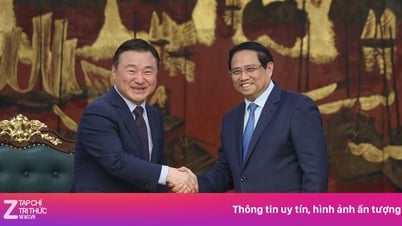

















































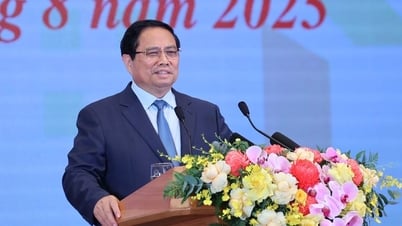






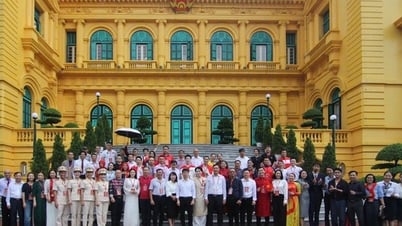



























Comment (0)